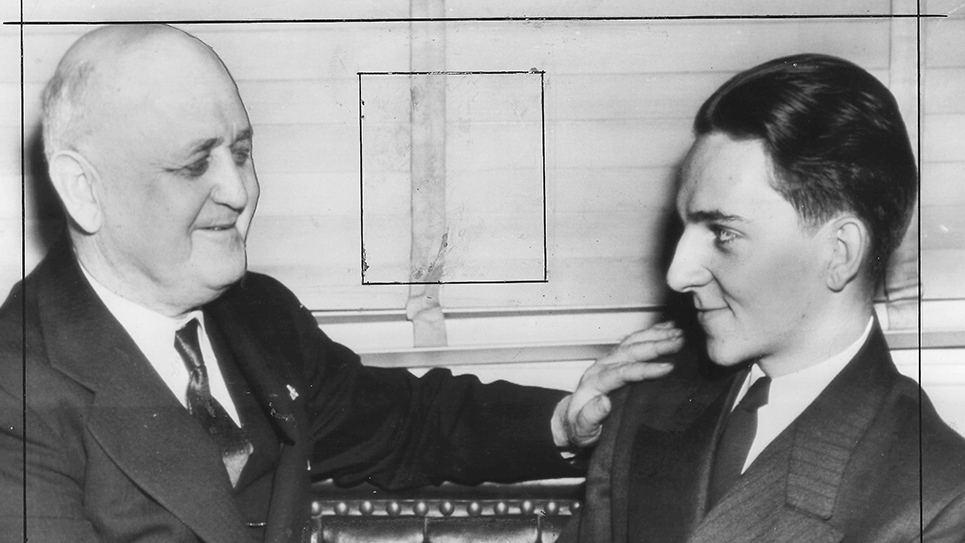By Sharon Frankenberg,
Attorney at Law
Both the Constitution of the United States and the Constitution of the State of Tennessee prohibit double jeopardy. Article I, section 10 of the Tennessee Constitution reads “That no person shall, for the same offense, be twice put in jeopardy of life or limb.” The concept of being put in jeopardy of “life or limb” comes from the common law rule developed from criminal cases in England which recognized that the “State with all its resources and power should not be allowed to make repeated attempts to convict an individual for an alleged offense, thereby subjecting him to embarrassment, expense and ordeal and compelling him to live in a continuing state of anxiety and insecurity, as well as enhancing the possibility that even though innocent he may be found guilty.” Green v. United States, 355 U.S. 184, 187 (1957).
The reference to “life or limb” in the clause does not limit the prohibition’s application to just cases where capital punishment is possible. The protection from double jeopardy has been applied with regard to “every indictment or information charging a party with a known and defined crime or misdemeanor, whether at the common law or by statute.” Ex parte Lange, 85 U.S. 163, 169 (1874). Double jeopardy applies in juvenile court proceedings despite them being formally civil proceedings. Breed v. Jones, 421 U.S. 519 (1975). The protection against double jeopardy may also be applied to civil sanctions if they are clearly applied in a manner that constitutes a punishment. For example, the tax instituted by Montana on the possession of illegal drugs to be collected only after any state or federal fines or forfeitures have been satisfied was found to constitute punishment for the purposes of applying double jeopardy. Montana Dept. of Revenue v. Kurth Ranch, 511 U.S. 767 (1994). On the other hand, the U.S. Supreme Court found in United States v. Ursery that civil forfeitures of property under federal statutes in drug and money laundering offenses are not punitive and thus not subject to the protections of the double jeopardy clause. 518 U.S. 267 (1996).
How do we handle the application of the double jeopardy clause when we have a federal government as well as 50 state governments? These two different units of government are treated as two sovereignties pursuant to what is known as the dual sovereignty doctrine. They each have laws describing criminal offenses and how these laws may be enforced. There will sometimes be situations where an individual’s conduct may violate the laws of more than one unit. In these situations, it is permitted for both units of government to try the same defendant for the same conduct. The U.S. Supreme Court upheld the conviction in federal court of a person previously convicted in a state court for performing the same acts in United States v. Lanza. The opinion reads “We have here two sovereignties, deriving power from different sources, capable of dealing with the same subject-matter within the same territory…Each government in determining what shall be an offense against its peace and dignity is exercising its own sovereignty, not that of the other.” 260 U.S. 377, 382 (1922). The U.S. Supreme Court also upheld the successive prosecutions by two states for the same conduct under the dual sovereignty doctrine. Heath v. Alabama, 474 U.S. 82 (1985) permitted a defendant to be prosecuted for murder where he crossed state lines in the course of a kidnap murder.
If you are charged with a criminal offense, you should certainly consult a criminal defense attorney for assistance and advice with your individual situation. Sharon Frankenberg is an experienced civil attorney licensed in Tennessee since 1988. Her office number in Knoxville is (865)539-2100.






